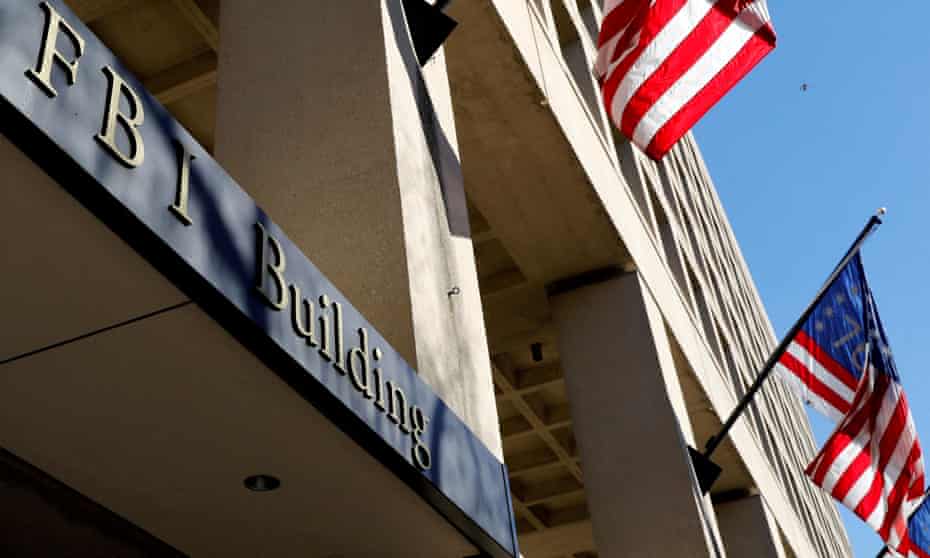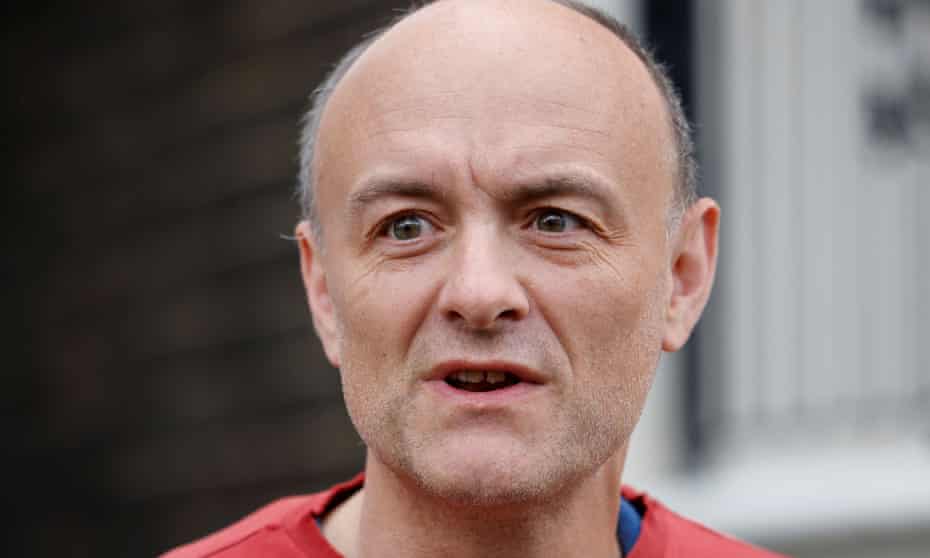Michael German, who infiltrated white supremacist groups in the 1990s, says the FBI continues to underplay the scope of the threat

The Federal Bureau of Investigation is failing to address the rising scourge of white supremacist violence despite stark warnings that such attacks pose the greatest domestic terrorism threat in the US, a leading authority on law enforcement has told the Guardian.
Michael German, a former FBI special agent who infiltrated white supremacist groups in the 1990s, said the bureau continues to underplay the scope of the threat. As a result, communities targeted by white supremacists and far-right militia groups – such as the largely African American neighborhood of Buffalo, New York, where 10 people were killed by a suspected racist gunman this week – are left fatally exposed.
“US law enforcement is failing, as it long has, to provide victimized communities like Buffalo’s with equal protection under the law. They are not actually investigating the crimes that occur,” said German, a fellow with the Brennan Center at NYU School of Law.
Saturday’s mass shooting in Buffalo was allegedly carried out by a white gunman who selected the Tops supermarket because it served one of the largest Black populations in the state. In a 180-page diatribe he is believed to have posted online, he espoused the false racist belief that white Americans are being “replaced” by immigrants of colour.
Numerous recent studies have pinpointed white supremacy as the greatest domestic terrorism threat in America today. The FBI itself has sounded the alarm, with its former director Christopher Wray telling Congress in 2020 that “racially and ethnically motivated violent extremists” were the main source of ideological killings, superseding jihadists.
In an interview with the Guardian, German said that US law enforcement in general, and the FBI in particular, were lagging behind. Despite a clear mandate from Congress, the bureau has yet to produce statistics revealing the scale of white supremacist crimes.
“White supremacists kill far more Americans than anybody else the FBI designates as domestic terrorists, yet the bureau still doesn’t document the crimes and fatalities that occur.”
He added: “I think that’s a reflection of lack of concern for the victims of that violence.”
The US attorney general, Merrick Garland, put out a statement after Buffalo in which he pledged to seek justice for the innocent victims. He said the justice department (DoJ) would treat the massacre as a “hate crime and an act of racially motivated violent extremism”.
In German’s opinion, both these designations – “hate crime” and “racially motivated violent extremism” – are problematic in terms of how they are routinely applied to white supremacist incidents. Most acts that are deemed to be hate crimes are deferred by the DoJ to state and local police for investigation, though 85% of those agencies do not recognize hate crimes as a phenomenon.
“Police in these jurisdictions don’t record or may not even investigate hate crimes, so the incident gets lost,” German said.
The invisibility of white supremacist hatred to law enforcement is reflected in those official figures that do exist. In recent years, surveys based on the experiences of crime victims themselves have recorded more than 200,000 hate crime incidents each year.
Compare that with the average number of hate crime cases prosecuted by the DoJ annually – 21.
“Racially motivated violent extremism” is also less than helpful as a designation, German said. Though it is classed as terrorism, it is a catchall in which white supremacy groups are lumped together with Black nationalists and those classified as “Black identity extremists”.
The end result is that the spotlight that should be tightly focused on the growing threat of white supremacy is diffused. Federal resources are scattered between animal rights groups, native American protesters, non-violent civil disobedience movements, even pro-abortion groups designated as terrorist entities, though there is no evidence such groups exist.
Meanwhile, organized criminal groups dedicated to upholding white power fly largely beneath the radar.
There is a dramatic contrast with the overweening surveillance that was aimed at Muslim communities after 9/11, German said. He pointed to the many telltale signs that the Buffalo suspect appears to have offered months before Saturday’s attack.
He announced a “murder/suicide” mission at his school that was referred to state police. According to the Washington Post, the matter was dropped after the individual reassured them he had been “joking”.
“Can you imagine if the Buffalo shooter had been Muslim, and he was telling his friends he was enamored with Osama bin Laden,” German said. “You have to think the response would have been different.”
German said it was puzzling that an institution like the FBI that had effectively turned itself into a counter-terrorism intelligence agency after 9/11 was, by contrast, so lax in its handling of white supremacy. One factor, he said, was that the FBI displays the prejudices of American society writ large: “we fail to recognize how foundational white supremacism is to our culture,” he said.
FBI agents are also overwhelmingly white and male, and the bureau has been infused with elements of white supremacist ideology stretching back decades. German knows that from personal experience.
“When I was going undercover in the 1990s I was warned about sympathy towards white supremacy among officers – that was raised as a hazard for my undercover operation.”
In 2006 the FBI drew up an internal intelligence assessment that found that “white supremacist presence among law enforcement personnel is a concern”. It said that organized groups were infiltrating law enforcement agencies, while individuals sympathetic to “white supremacist causes” were also joining the ranks.
That was 16 years ago. To this day there has been no national effort to root out the infection.
“If there had been an internal FBI report that Isis had infiltrated US law enforcement, you’d expect a nationwide attempt to get to the bottom of it,” German said.
Given the devastating nature of the Buffalo shootings – and Joe Biden’s promise to the victims’ families that “hate will not prevail” – the DoJ is likely to devote resources to this particular investigation. But German warns that the underlying tendency to under-record and underestimate the scope of white supremacist criminal activity shows no sign of changing.
What does that do to people of color who are the targets of all the hatred? “It creates a recognition for these communities that they have to solve their own problems. They know that law enforcement, the FBI included, treat them harshly when they are suspects and ignore them when they are victims.”
https://www.theguardian.com/us-news/2022/may/20/fbi-white-supremacist-violence-michael-german




